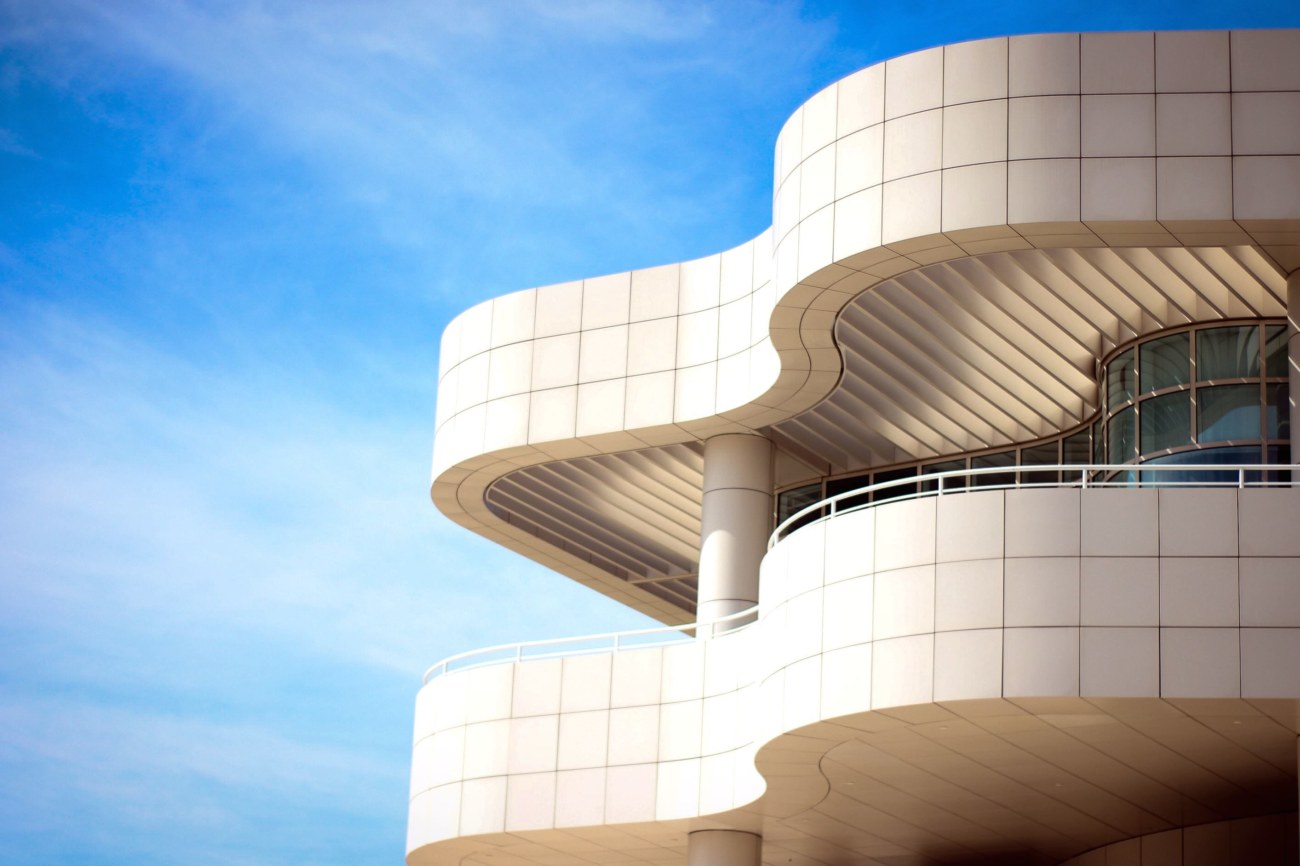Инвестиции
Roula Rouva has many years of experience in real estate and investment properties. Along with her team of experts she can ensure you make the best investment for your personal needs. She has accountants, lawyers and other specialists who are trusted and highly recommended. Buildings and land are an excellent investment these days, often bringing a greater return than money saved in the bank.

Our past client’s testimonials show that our agency works hard for clients and that we deliver what we promise. We can give advice about everything from the best way to invest your money in a retirement property to buying a multi million Euro hotel. We can also give you some idea of the realistic rental potential of any property we have for sale on our books.
WHY SHOULD I INVEST IN GREECE?
It is a fact that Greece has been hard hit by the financial crisis but there are now signs of recovery and an increasing number of investors are now interested in investing in Greece.
The main reasons are:
- Greece has competitive prices compared to other Mediterranean destinations
- A residence permit is granted by the government to non-EU residents for investments in excess of 250,000 Euros which is valid for five years and can be renewed at the end of this period.
- The Greek government reduced the transfer tax from 10% to 3%, minimising the overall transaction costs.
- Greece has relatively low cost of living, especially compared to the UK (about 20% lower).
- Greek properties can grand high rental yields for high quality holiday homes in attractive locations.
DESTINATION
- Easy access: As a central location at the crossroads of three continents, Greece is easy and directly accessible from most parts of the world.
- Being part of the EU, visitors can enter the country with just their passport.
- Mediterranean climate with more than 300 days of sunshine per year. Winters are mild and short, while summers are hot and dry with cooling breezes.
- Infinite coastline with the longest Mediterranean coastline, compared in size with the coastlines of Italy, Spain, Cyprus and France combined.
- Geographical diversity: coastline, mountains, islands. Over 250 mountains (Mount Olympus 2,917m), 2,000 islands, 60 lakes and 25 rivers while 25% of the territory is covered with forests (the 4th largest in the EU)
- Greece has an attractive climate, affordable living costs, excellent quality of life, rich history and culture and all the necessary facilities and infrastructure to draw the attention of foreign buyers.

| STEPS FOR BUYING PROPERTY IN GREECE: |
| 1. Appointing a real estate advisory firm |
| 2. Legal and technical due diligence |
| 3. Preliminary contract |
| 4. Deposit of transfer tax |
| 5. Final contract & registration of property transfer |
| AVERAGE FEE COSTS: |
| Transfer tax 3 %Reduced from 10% |
| Notary2% |
| Lawyer 2% |
| Real estate agency fees 2% |
COUNTRY’S LOCATION AND BOUNDARIES
Greece is situated on the Northeast part of the Mediterranean Sea. In the North the country borders with Albania , the former Yugoslav Republic of “Macedonia” and Bulgaria. Turkey is to the East side. Africa is to the South and Italy to the West.
Greece has been a member of the European Union since 1980, but, to the country’s misfortune had not land borders with any other EU country until 2007 when Bulgaria joined. Greece’s geographical position makes it EU’s “gatekeeper” from the South-East. Until the late ‘80s Greece was largely a homogeneous country.
LIFESTYLE:
- Quality: Mediterranean, outdoorsy, culture, healthy and social.
- Convenient: English is widely spoken, foreign newspapers and satellite television are widely available while satellite broadband internet covers 100% of the Greek inhabited territory.
- Health: Well developed private and public healthcare systems.
- Education: High standard education system, offering good foreign private schools and top performing universities.
- Safe: One of lowest crime rates in Europe with fewer than 60 recorded robberies per 100,000 people according to United Nations Office on Drugs and Crime.
GREEK ISLANDS
The islands are the main characteristic of Greece’s morphology and an integral part of the country’s culture and tradition. Greek sovereign land includes 6,000 islands and islets scattered in the Aegean and Ionian Seas, of which only 227 islands are inhabited. This is a truly unique phenomenon for the European continent.
The Greek Archipelago takes up 7,500 km of the country’s total 16,000 km coastline, offering a highly diversified landscape: beaches stretching over many kilometers, sheltered bays and coves, sandy beaches with sand-dunes, pebble beaches, coastal caves with steep rocks and dark colored sand typical of volcanic soil and coastal wetlands.
Many of these Greek beaches have been awarded the blue flag under the Blue Flags of Europe Program, providing not only swimming, but also scuba diving, snorkeling, water skiing, sailing and windsurfing.
Some of the oldest European civilizations developed on the Greek islands (Cycladic, Minoan civilizations, etc.), so therefore the islands have unique archeological sites, a distinctive architectural heritage and the fascinating local traditions of a centuries-old and multifaceted civilization.
The ideal climate, safe waters and small distances between ports and coasts, have made the Greek islands extremely popular among Greek and foreign visitors.
Most of the islands are found in the Aegean Sea and are divided into seven groups (from north to south):
The Northeastern Aegean Islands
AgiosEfstratios, Thasos, Ikaria, Lesbos, Limnos, Inouses, Samos, Samothrace, Chios, Psara.
The Sporades
Alonissos, Skiathos, Skopelos, Skyros
Evia
The prefecture of Evia (which also includes the island of Skiros), is next to the prefecture of Viotia on the east and on the south touches the Aegean Sea, on the north and northwest to the Pagasitiko and Maliako Gulf, while on the west and southwest with the north and south Evian Gulf.
Islands of Argosaronic
Angistri, Aegena, Methana, Poros, Salamina, Spetses, Hydra.
The Cyclades
A group of 56 islands, with the most important being Amorgos, Anafi, Andros, Antiparos, Delos, Ios, Kea, Kimolos, Kythnos, Milos, Mykonos, Naxos, Paros, Santorini, Serifos, Sikinos, Sifnos, Syros, Tinos, Folegandros, as well as the “Minor Cyclades” comprising Donousa, Irakleia, Koufonisia and Schinousa.
The Dodecanese
Astypalaia, Kalymnos, Karpathos, Kasos, Kastellorizo, Kos, Lipsi, Leros, Nisyros, Patmos, Rhodes, Symi, Tilos, Chalki.
Crete
Crete is divided in to four prefectures. From west to east: Chania, Rethymno, Heraklion and Lasithi.
The Ionian Sea has only one island complex:
The Ionian Islands
Zakynthos, Ithaca, Corfu, Kefallonia, Lefkada, Paxi, and Kythira which is situated opposite the southern Peloponnese (Laconia). These islands, which are the biggest of the Ionian Sea, constitute the famous Eptanissa (meaning seven islands; epta in Greek means seven).
Antipaxi, Ereikoussa, Kalamos, Kastos, Mathraki, Meganissi, Othoni, Skorpios, Strofades are smaller islands of the Ionian Sea.
The islands of Gavdos (situated south of Crete), Elafonissos (in the Gulf of Laconia) and Trizonis (in the Gulf of Corinth), do not forme a group but are still of unparalleled natural beauty.
INFRASTRUCTURE
Greece has a developed infrastructure that enables the uninterrupted implementation of most investment activities. Within the framework of holding the 2004 Olympic Games in Athens, and the investment in the following years, a number of changes and improvements in a variety of areas—including the infrastructure of Greece—were materialised.
The economic crisis that has intensified since 2010, and continues today, has inevitably reduced available resources. However, through private investor participation, and given Greece’s current restrictive capabilities, investment in strategic projects that facilitate transport, logistics, and telecommunications will continue , so the flow of goods, services, and information is carried out efficiently, promptly, and cost effectively.
Road Network
During the last decade, the road network has seen substantial improvements. One of the largest infrastructure projects in Europe is the Egnatia Highway, a new East-West highway corridor connecting the port of Igoumenitsa on the Ionian Sea with Alexandroupolis, near the Turkish border.
The PATHE highway system has also been substantially upgraded and connects the southern port of Patras with Athens and Thessaloniki and continues north to the border with FYROM. The third major highway system in Greece is the Ionian Highway that connectsPatras with Igoumenitsa.
Within the greater Athens area, the new Attica Highway Ring Road has substantially changed road transport in the capital region and is an important logistics route, connecting the airport with logistics centres, sea ports, and rail stations.
These main arteries are of a high standard and many of Greece’s secondary roads have been constructed and improved to provide business and citizens with the best possible connections.
Airports
Greece has 45 airports—15 international state airports, 26 domestic state airports, and 4 municipal airports. Many of these airports, especially on the islands, primarily serve tourists and handle charter flights. In 2001, the Athens International Airport opened and is considered to be one of the best airports in Europe.
Many of Greece’s airports are undergoing significant infrastructure and facility upgrades, and there are provisions for the construction of new airports.
Ports
With hundreds of islands, Greece has many seaports, 16 of which are international. The port of Piraeus is one of the busiest in Europe and is the main cargo port of the country, followed by the ports of Thessaloniki, Patras, and Igoumenitsa. Greece has more than 140 ports that serve passengers and cargo.
Greece’s port infrastructure is being constantly upgraded and improved to meet the needs of cargo shipping, security concerns, and the country’s visitors, that totalled 17.5 million in 2013.
In November 2008, China’s Cosco signed an agreement to run a part of the Port of Piraeus in a 35-year, 4.5 billion-Euro deal that is slated to significantly increase the port’s cargo capacity and efficiency. In addition, this agreement, along with the strategic collaboration between Cosco and Hewlett Packard, will position Piraeus as a leading point of entry for goods from Asia destined for the European market.
Railway
The Greek railway system has been placing emphasis on upgrading its infrastructure. The improvement of the rail bed and the laying of new track to improve transport times have been the main priorities.
The rail system is essentially north to south and connects Patra-Athens-Thessaloniki. In recent years travel time between Athens and Thessaloniki has been reduced considerably, from six hours to approximately five.
The suburban railway connecting the Athens Airport with the capital of Athens, and with Corinth and Kiato, is fast and efficient. The Athens Metro, the first in the city, has been extremely successful and has had a major impact on improving urban transport. The Athens Metro is expanding its lines and network by operating new stations in 2013 to meet the mobility needs of the labour force in this major business centre. In addition, a new metro system is being constructed in Thessaloniki.
Waterways
The shipping lanes serving Greece’s mainland and islands are highly efficient and transport large quantities of passengers and cargo every year. In addition to passenger and cargo ferries, a large number of high-speed catamarans introduced in recent years have reduced travel times considerably.
Power and Energy
Greece relies on lignite for the majority of its electricity production. In recent years the energy market has been liberalised, providing the private sector with new investment opportunities. In wind and solar, major progress is being made as Greece has committed to a minimum 29% of energy from RES by 2020.
The capacity of Greece to handle increased petroleum and natural gas transportation is transforming the country into an energy hub in Southeast Europe, while surveys for hydrocarbons are also progressing rapidly.
Telecommunications
As with energy, the liberalisation of the telecommunications market has taken place during the last decade, resulting in a large number of telecom suppliers in landline, cellular, and Internet services. The market is now highly competitive and services are of a high standard.
Cellular phone penetration in Greece is one of the highest in the EU. Since 2007 Greece has been making good progress in adopting digital technologies, and the creation of a nationwide fibre optic network is being promoted. The penetration of broadband of the population in Greece reached 25.8% in 2013 (25.8 lines per 100 inhabitants), compared to 23.8% in 2012.
Water and Sewage Systems
As international concerns about climate change mount, Greece has managed to avoid serious problems to date in its water supply. Concerns are greatest on some islands that have limited fresh water resources and must rely on transported water. Innovative desalination projects using RES technologies are being planned for implementation.
Almost 100% of households have continuous access to water supply and almost 95% are connected to the sewage system. Relatively new sewage treatment plants serving Athens and Thessaloniki have dramatically improved the water quality in the Saronic Gulf in Athens and the Thermaicos Gulf in Thessaloniki.

Свяжитесь с нами
Наши агенты всегда готовы помочь и ответить на все вашим вопросы. Просто отправьте нам свое сообщение или позвоните нам. Мы здесь, чтобы предложить вам наш лучший сервис.







